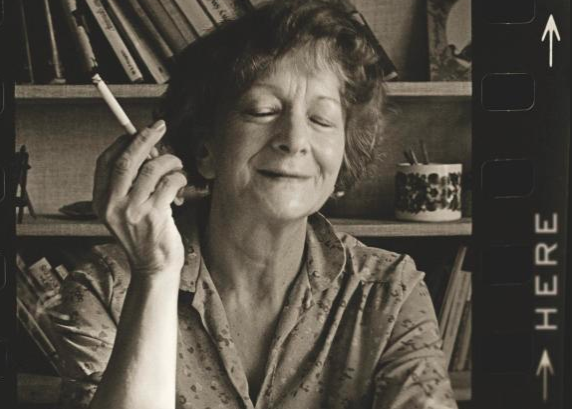Wisława Szymborska, translated from the Polish by Clare Cavanagh and Stanisław Baranczak, Here, Houghton Mifflin Harcourt, $22 (cloth)
When looking at the latest book from a writer who has been publishing poems for the past half-century, the initial impulse is to forge some summation of the entire career. But Wisława Szymborska’s poems in Here refuse to stand in for the life’s work. Instead, each seems to be stamped with its own time; as its concluding poem begins, “In fact every poem / might be called ‘Moment.’” The poems in Here are to be read as discrete moments in the poet’s experience, in which the 87-year-old Szymborska shows a humor and an attention to the temporal and tangible that is undiminished by advanced age. The title poem dwells in the physical world, where “we manufacture chairs and sorrows, / scissors, tenderness, transistors, violins.” And later in the same poem, “There may be comparable places elsewhere, / but no one thinks they’re beautiful.” What we have is what we make, which is also all we know. Szymborska anticipates the skeptical reader—“I know, I know what you’re thinking. / Nothing here can last”—but things will last, the poet assures us, at least as long as we will them to. The poems are haunted by visitations: the figure of memory, the personification of an idea, the poet as a teenager, an imagined meeting across time with a long-gone Polish poet. Szymborska, as much spiritual medium as mediator, gives her visitors a stage. The virtue of Here is that the present seems infinite. No wonder, then, that the book closes with a colon, the promise of more to come.








